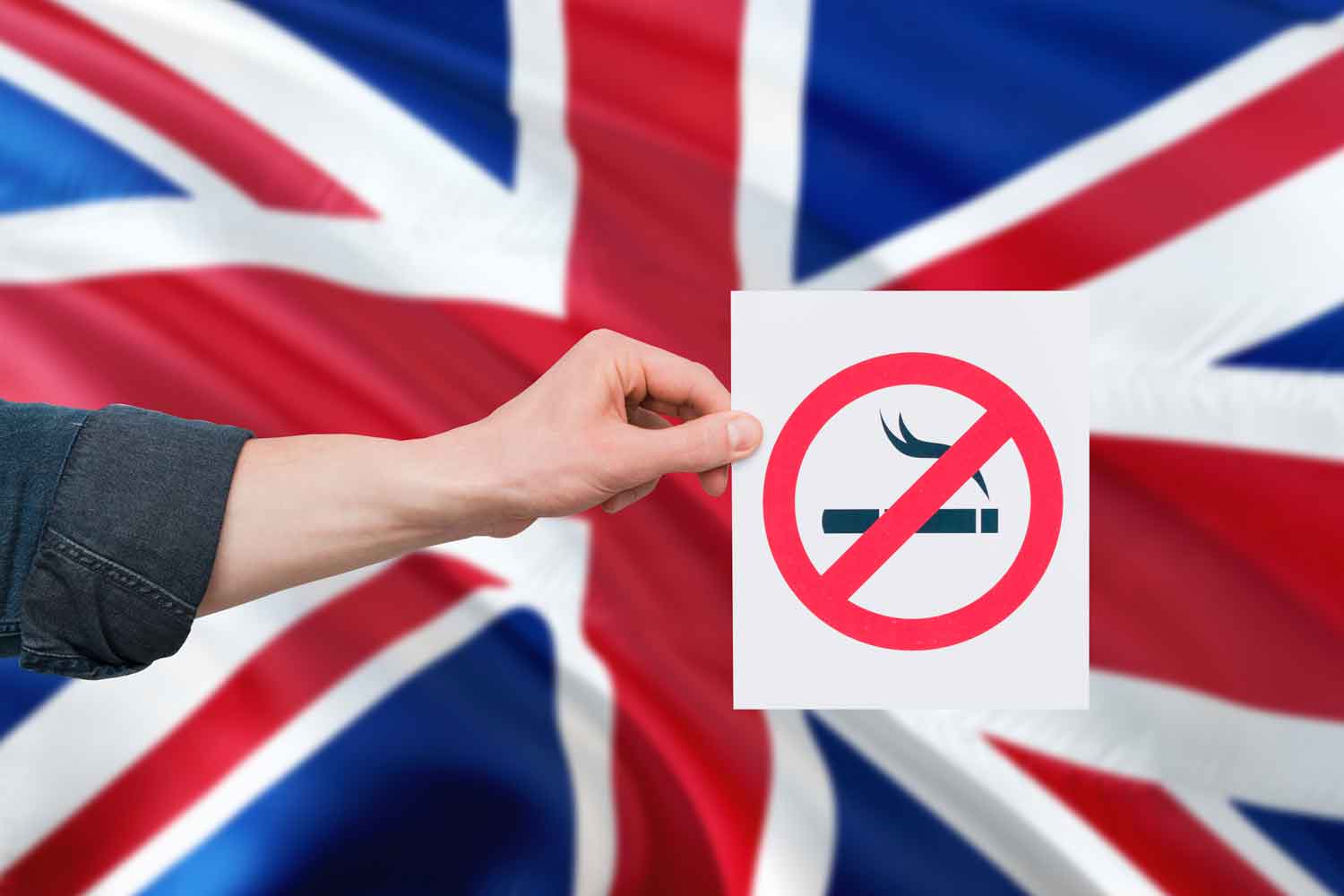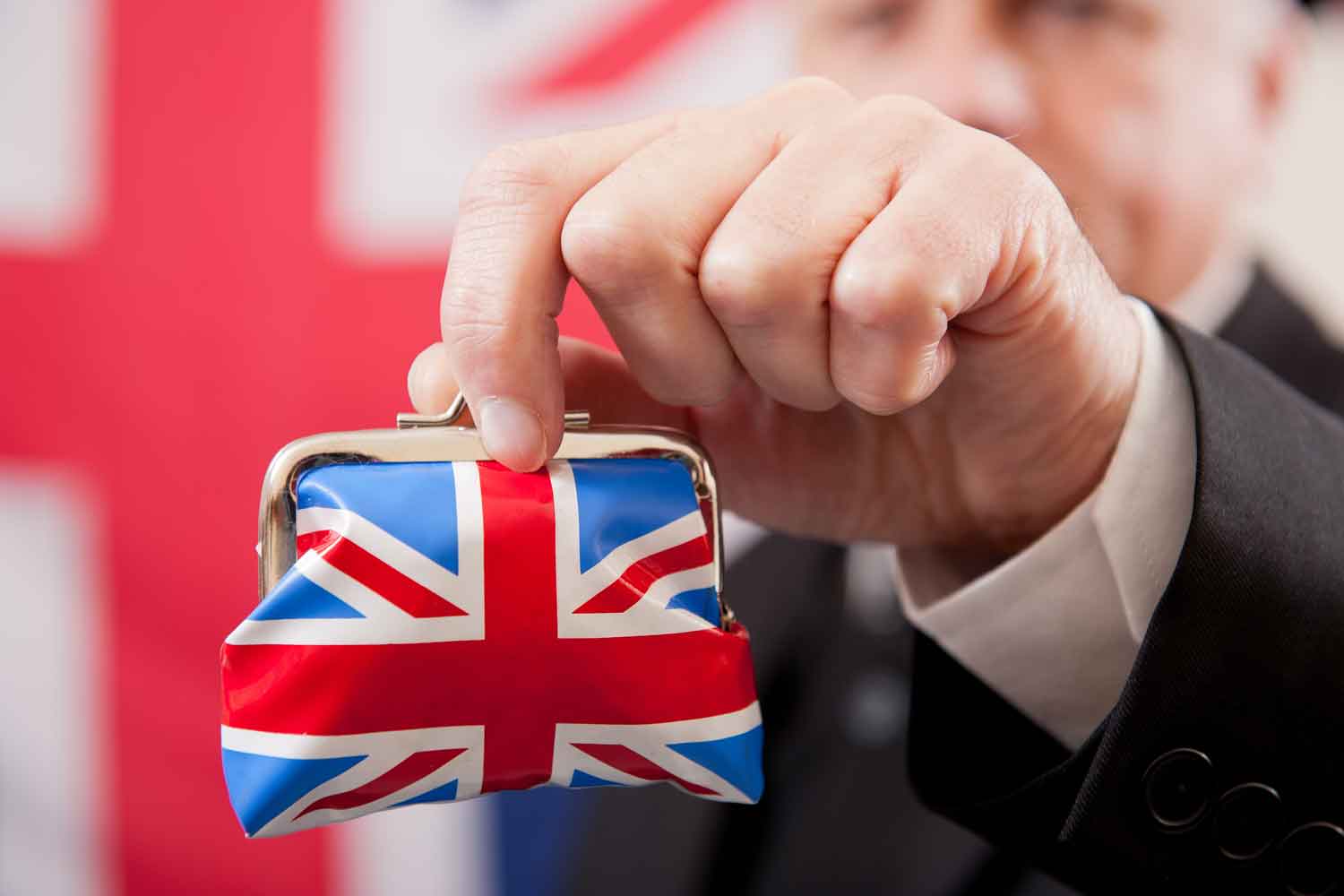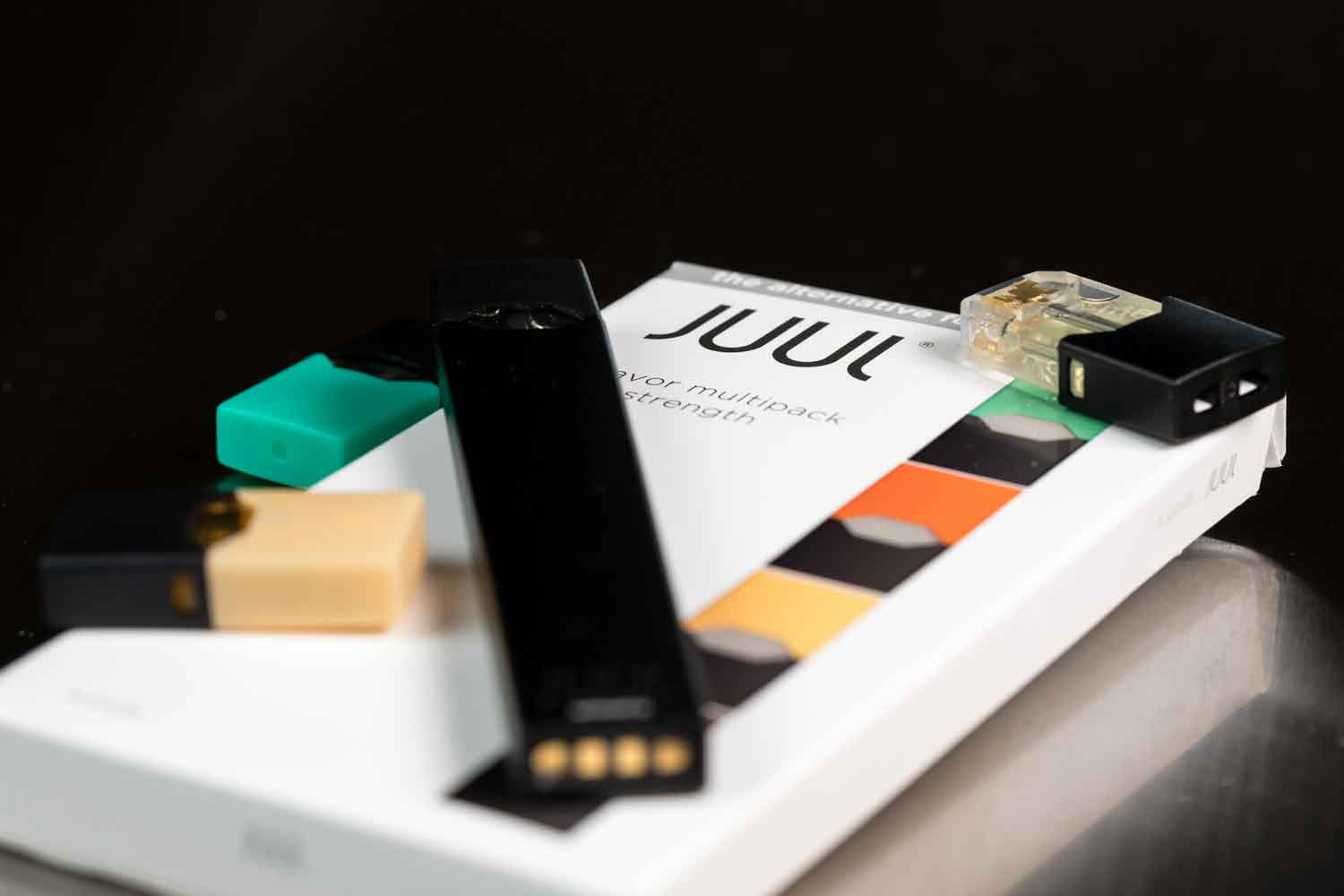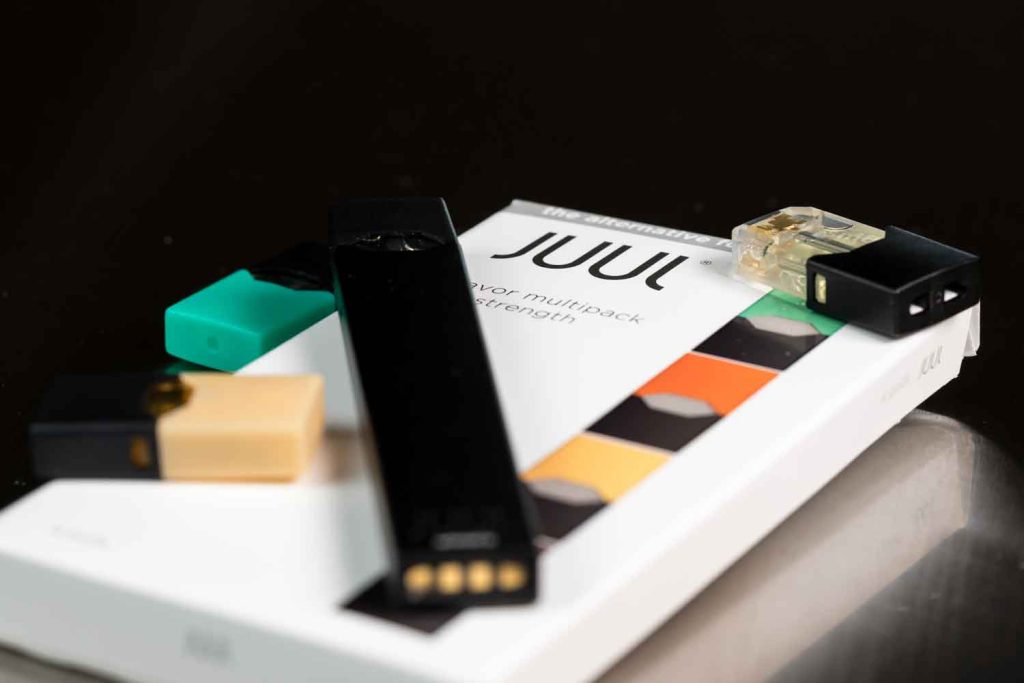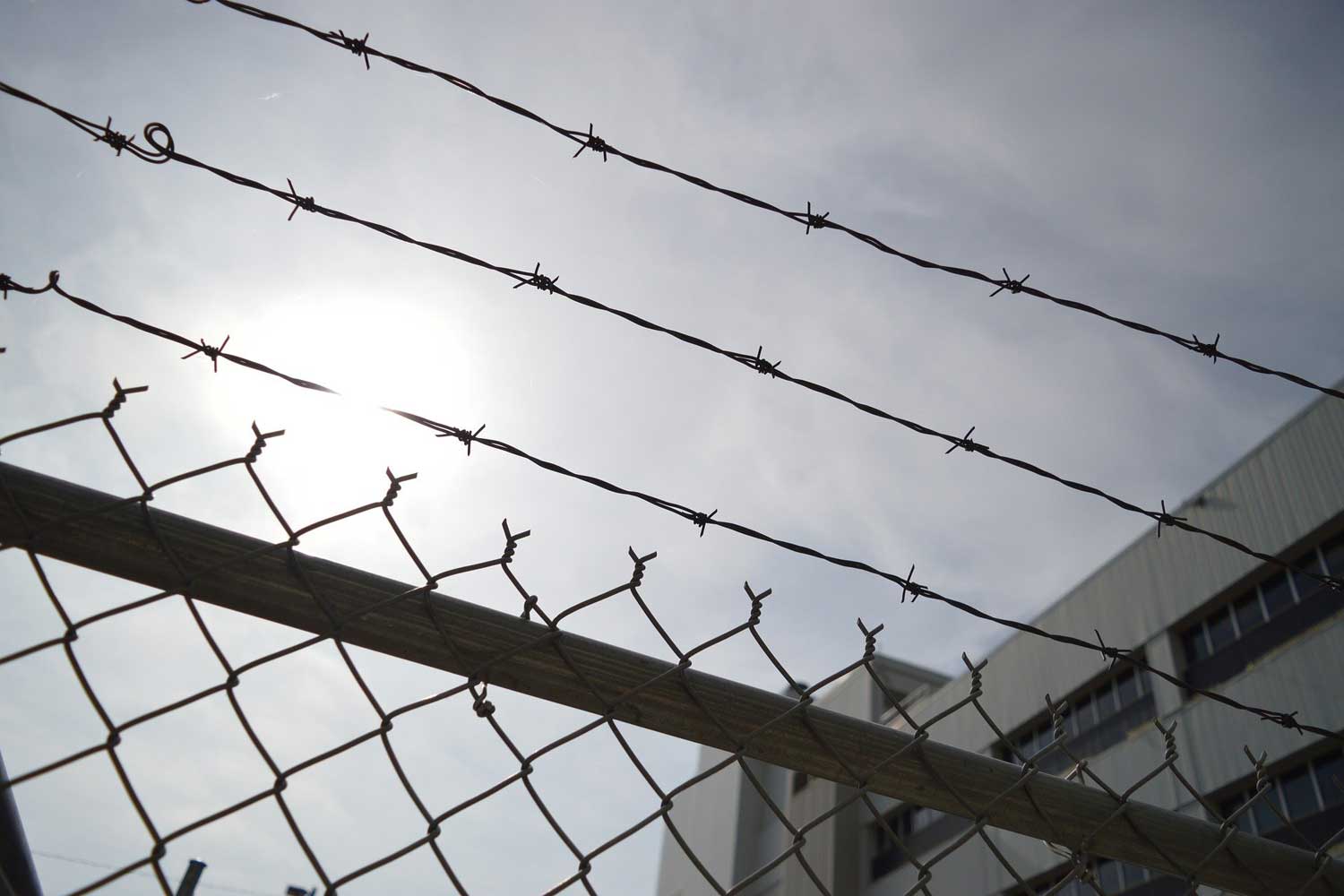The United Kingdom is poised to implement a generational tobacco ban this year, which would make it the only nation in the world to have such legislation at the national level. The proposal would make it illegal for anyone born after January 1, 2009 to buy tobacco products.
The Tobacco and Vapes Bill was originally introduced in 2023 but made little progress until it was revived in November 2024. In the first vote in Parliament’s House of Commons, members of Parliament voted 415 to 47 in favor of the bill, which currently sits in the Commons committee stage and is set to be voted on again in the House of Commons later this month. Additional committee sittings are scheduled until then, with the intent of concluding the proceedings by January 30. The bill would then return to the House of Commons, and with a favorable vote would move to the House of Lords.
As this proposal was introduced by the Conservative Party and later reintroduced by the Labour Party, there is little political resistance to stop it. There is fleeting hope that some of the language will change down the road, but as for now, the wording is a generic, wide-ranging categorization of tobacco products, which lumps all products containing nicotine together, including cigars.
“The big problem for us is that, from our view, this has been such an undemocratic, uninformed piece of legislation,” said Eddie Sahakian, who runs London’s renowned Davidoff cigar store. “We would have understood if the normal forms of consultation had taken place, if all stakeholders were consulted and opinions were taken.
“Our preferred outcome here is that there is a carve-out for handmade, premium cigars.”
Writing for Cigar Aficionado, Garrett Rutledge said, “The next month will be critical. Every possibility theoretically remains on the table, although all signs continue to strongly point to the ban proposal becoming law this year.
“If a nation like the United Kingdom were to implement such a law, it’s a near certainty that many others around the world would soon attempt to follow suit. New Zealand kicked things off in 2023, despite the legislation eventually being repealed. And recently, state and local governing bodies in the United States have begun proposing, and implementing, their own generational bans. Given the continued trend, it appears this is only just the beginning.”

